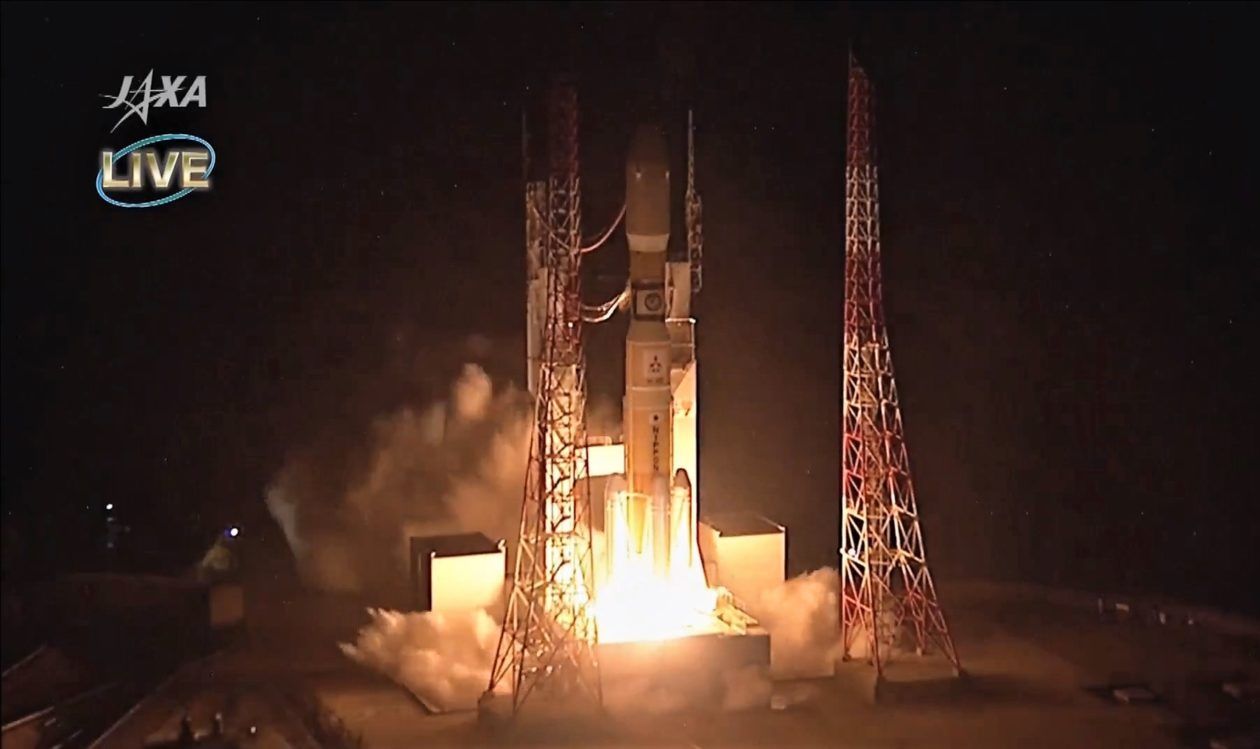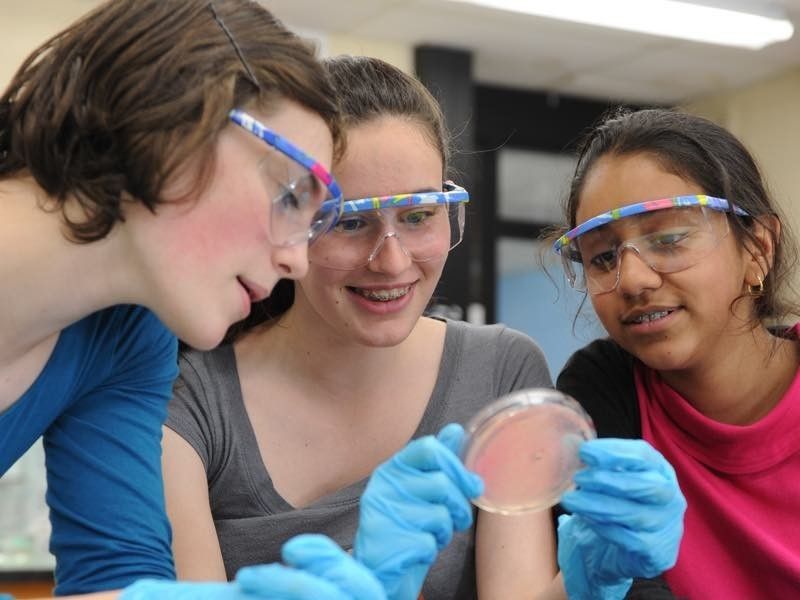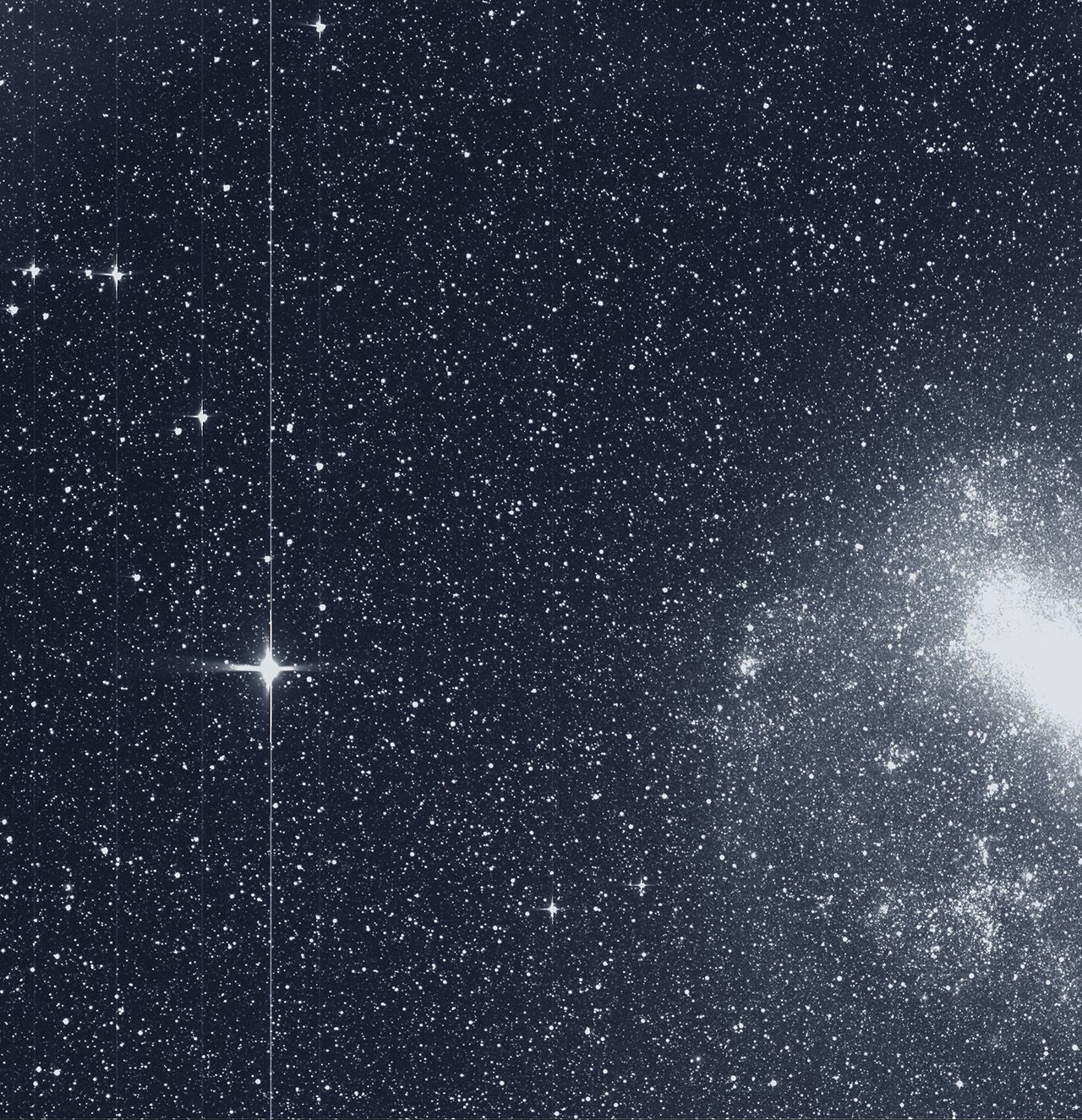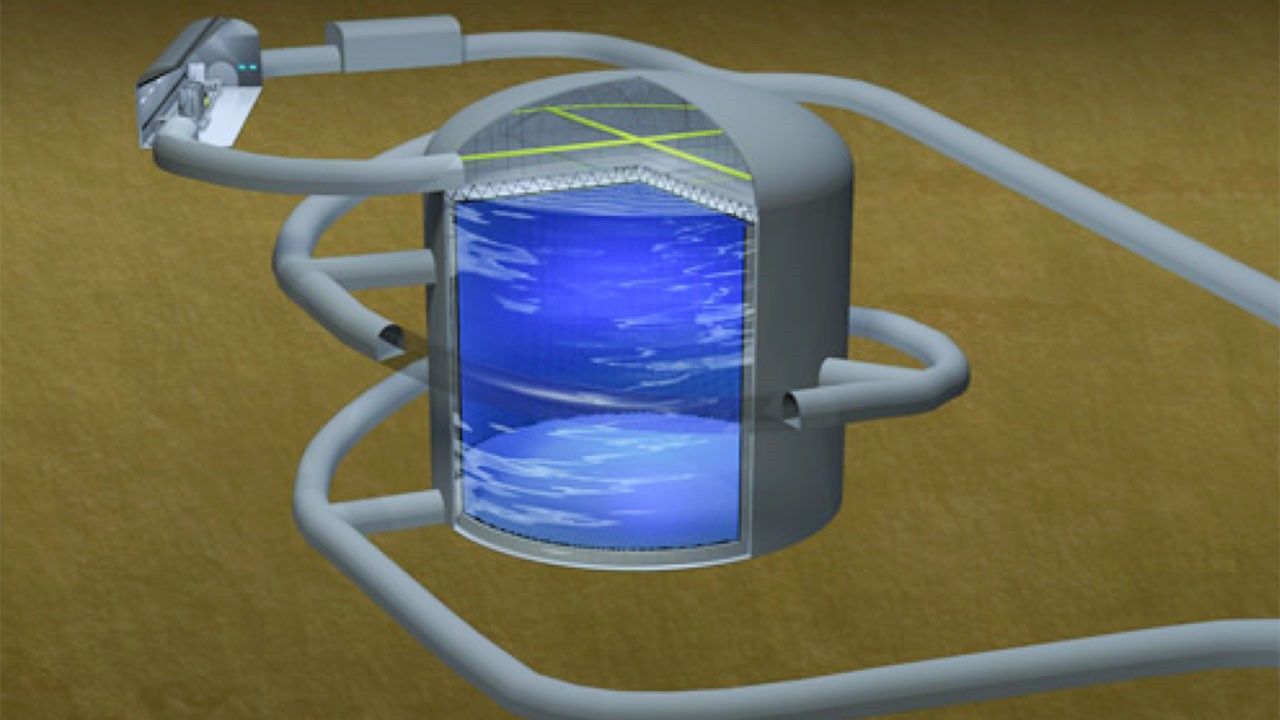The Imagine Science Films Festival is happening on October 12-19th, 2018 in New York, at a variety of venues, and this year, it is featuring a theme close to home: survival.
Crisis. Entropy. Extinction. This year we look at the high stakes for all life on Earth and beyond. Between nuclear proliferation, species loss and dwindling resources, existence itself is not assured. But for every dystopia, a corresponding utopia may be within reach. It may be a struggle, but the record of all life is that of an eon-spanning fight to stay alive. We’ll feature tumultuous natural history and startling feats of adaptation. Apoptosis versus immortal cell lines. Half-lives and radical life extension. The deaths of stars and extraordinary paths to SURVIVAL.
With this year’s theme including life extension, we may well see some interesting and thought-provoking films on the topic. Lifespan.io is also an official event sponsor for the festival, as we strongly feel that the worlds of filmmaking and science can be a perfect match in helping to encourage a wider dialogue about aging and doing something about it.








